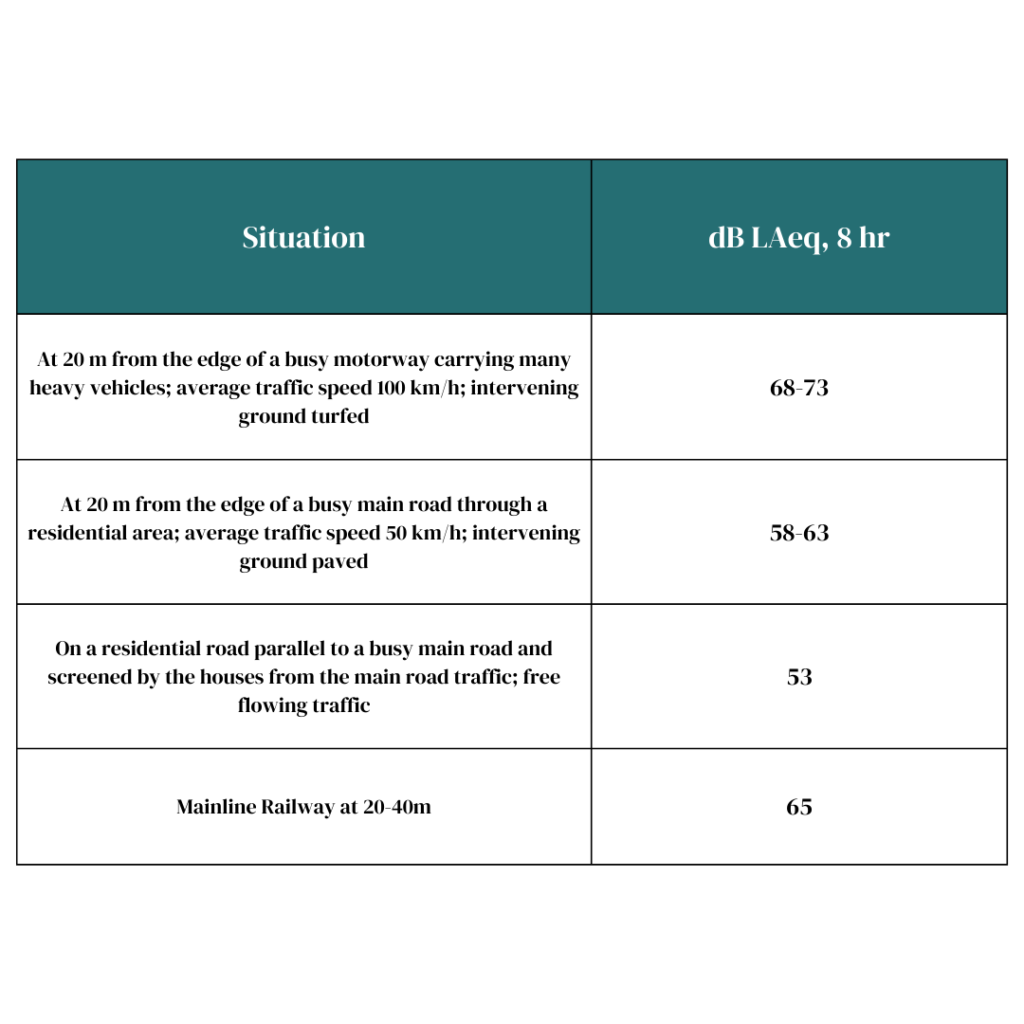When it comes to controlling noise into dwellings, the normal approach for many years has been to provide high performance acoustic glazing with ventilation via trickle vents or a mechanical system.
Simple! Well, not really.
Since improvements in air tightness and increasing areas of glass for daylight, an issue of overheating has become prevalent in residential properties. The easy solution to prevent overheating is to open the windows. This is leaving many residents of new dwellings with the choice between too hot or too loud!
Currently, the need to review the risk of overheating is not part of Building Regulations. It is being picked up under planning via documents such as the New London Plan. But the need to consider acoustics is not definitively stated as needing to be considered during overheating conditions.
However, updates on Approved Documents F and L along with the release of Approved Document O (Overheating) in December 21, start to bring the strands together. Early indications are that noise will become a consideration at this stage.
ADO suggest that ‘windows are likely to be closed during sleeping hours if noise within bedrooms exceeds’ 40 dB LAeq,T. This is equivalent to a level of 50-55 dBA outside. To put these values into context, the following values are typical and derived from BS8233.

It is clear that the majority of sites in urban areas or close to transport networks will exceed the 40 dB LAeq,T value with a standard windows open approach.
It is also worth noting that many environmental health departments will consider 40 dBA within bedrooms to be unacceptable. They would expect a value of 35 dBA.
As design teams we need to start looking at how we ventilate homes to prevent excessive heat and noise. This will require engagement of acoustic, architecture, building services and sustainability engineers at the site selection and master-planning stage of a project to create an integrated design.
CDC have been engaging with our clients early to help shape buildings that develop integrated solutions to help overcome the noise issues relating to overheating.
If you want to know more, please get in contact at info@cdc-limited.co.uk